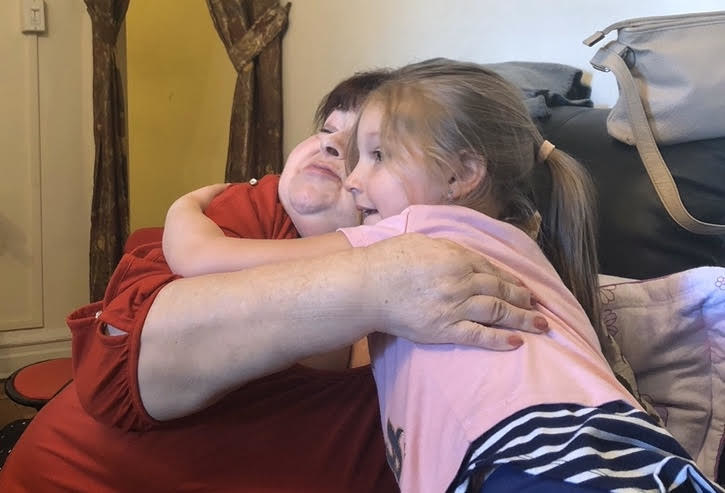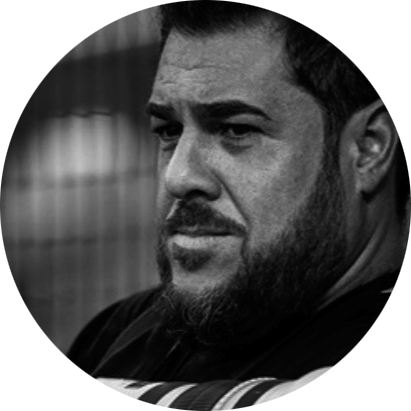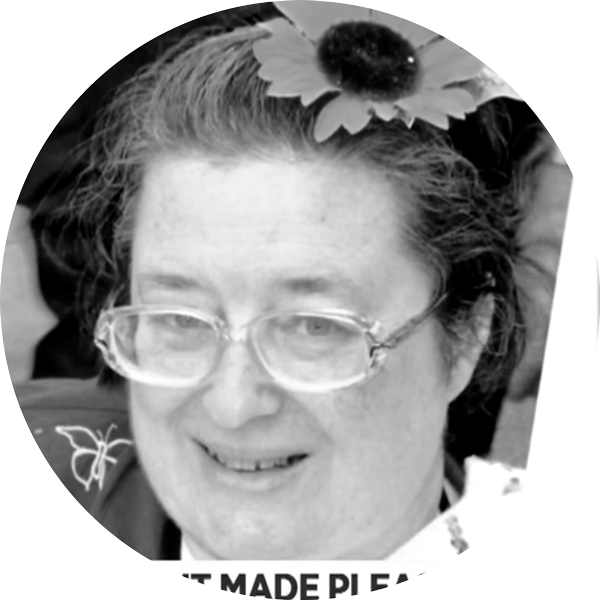
The journalists at BuzzFeed News are proud to bring you trustworthy and relevant reporting about the coronavirus. To help keep this news free, become a member and sign up for our newsletter, Outbreak Today.
Yevgeniya Belaya began every morning with calls to her two daughters.
“No matter what, 8 a.m.,” Milana Granovskiy said in an interview. “Wherever I am. On vacation. At work. If I was at work, she would want to make sure I got there OK. ‘Did the trains run well?’”
The family always kept close, ever since emigrating from Uzbekistan to New York nearly 30 years ago, after the collapse of the Soviet Union. Over the years, Yevgeniya — Zhenya, they called her — struggled with her weight and diabetes, rarely leaving her Brooklyn home for anything other than a family gathering. When the coronavirus pandemic forced her children and grandchildren to stay put, the daily check-ins remained a comforting ritual.
Then, earlier this month, after having trouble breathing and staying awake, Yevgeniya was rushed by ambulance, and without her phone, to the hospital. Days later the tight-knit Jewish family would learn she had tested positive for COVID-19. A few days after that, Yevgeniya died at age 73. She and her husband, Yuriy, had been married for more than 50 years.
“She was afraid to die alone,” Granovskiy said. “Unfortunately she died this way.”
Over her final six days, Yevgeniya was cut off completely from her family. No visitors were allowed, and there was no one willing or able to smuggle in a phone. Calls to nurses overwhelmed with patients went unreturned. The family was lucky if they got one update a day on her condition.
“I get it, they’re super busy, but there’s no connection there,” Julie Peysakhova, one of Yevgeniya’s granddaughters, told BuzzFeed News. “They’re focused on getting their patients what they need, not on the family members calling. They would say they would give a call back, but nobody would call back.”
It was a devastating end for a family that revolved around their matriarch. In the former Soviet Union, Yevgeinya had worked as a bookkeeper in Tashkent. After settling in the US, she transitioned into childcare out of her Brooklyn home, including for her four grandchildren.
“She taught me how to speak Russian,” Peysakhova recalled. “She taught me how to read and write in Russian. She taught me how to braid hair. She was the most peaceful person. I have literally never heard her yell in my lifetime. When everything else in the world was in chaos, she was the one that would be the one to calm everyone down.”
Because of her health issues, Yevgeniya mostly didn't leave the house later in life. Her kids and their kids came to her. But in the last year, she had been getting out more, taking walks and turning out for more family get-togethers.
“Things for the first time in years were really looking up for her, healthwise,” Peysakhova said.

One of Yevgeniya’s last errands before New York’s stay-at-home order hit: shopping for her great-granddaughter’s 7th birthday in March. She made it to a nearby store, where she found a pink, polka-dotted coat and matching outfit and a St. Patrick’s Day–themed dress.
“And she never got to give it to her, because of course we couldn’t have a party,” Peysakhova said. “We just told her to wait it out, that we would see her when this was all over, and that she could give it to her herself. But she never got to do it.”
As March turned to April, Yevgeniya’s family knew her health was worsening. On top of her breathing troubles, she was pale, weak, and shaky. The hospital admitted her on April 3, but it wasn’t until Yevgeniya’s third day there when the family got through to someone who could provide information on her condition — a physician assistant who told Peysakhova’s mother that Yevgeniya had tested positive for COVID-19, the disease caused by the novel coronavirus. No one is certain how Yevgeniya got the virus, given how little she left home. She had received in-home health care, and Milana worried her mother may have contracted it after arriving at the hospital.
“I can only imagine her waking up and feeling terrified about what was happening and wondering why her family wasn’t there,” Peysakhova said. “She didn’t speak English that well, so there was also the matter of, is there anyone even explaining what is happening to her?”
Yevgeniya died on April 8, the first day of Passover.
“People always say that the first day of Passover, only the holy people die,” Milana said.
From there, arrangements to properly mourn and bury Yevgeniya were emotionally exacting.
“After she passed, one of the first emails we had gotten from the hospital was asking if we would be arranging for her body to be picked up, or if they should just put her in the mass burial site in New York,” Peysakhova said. “That’s a horrible thing ... to get that email asking if we should just throw her in this mass burial. It’s very impersonal.”
Efforts to find the nice coffin they believed their mother and grandmother deserved — and had set aside money for — were fruitless, with the funeral homes they contacted unable to help. They only got the closure of seeing Yevgeniya’s body when a rabbi snapped a photo from the socially distant burial last week, Peysakhova said. The family remained in their cars, on a rainy day, listening to the rabbi’s remarks over speakerphone. Then cemetery staff rushed them out. Another burial was about to begin.
“It’s not like you even have a minute to sit there and process what’s happening,” Peysakhova said. “You gotta go because we have 10 other funerals today.”
The family’s concerns have shifted to the patriarch, Yuriy. He hasn’t been sick, but he is worried about getting ill or infecting a visitor.
“Every morning we have to call him,” Milana said, “because of course he lives alone now.”



